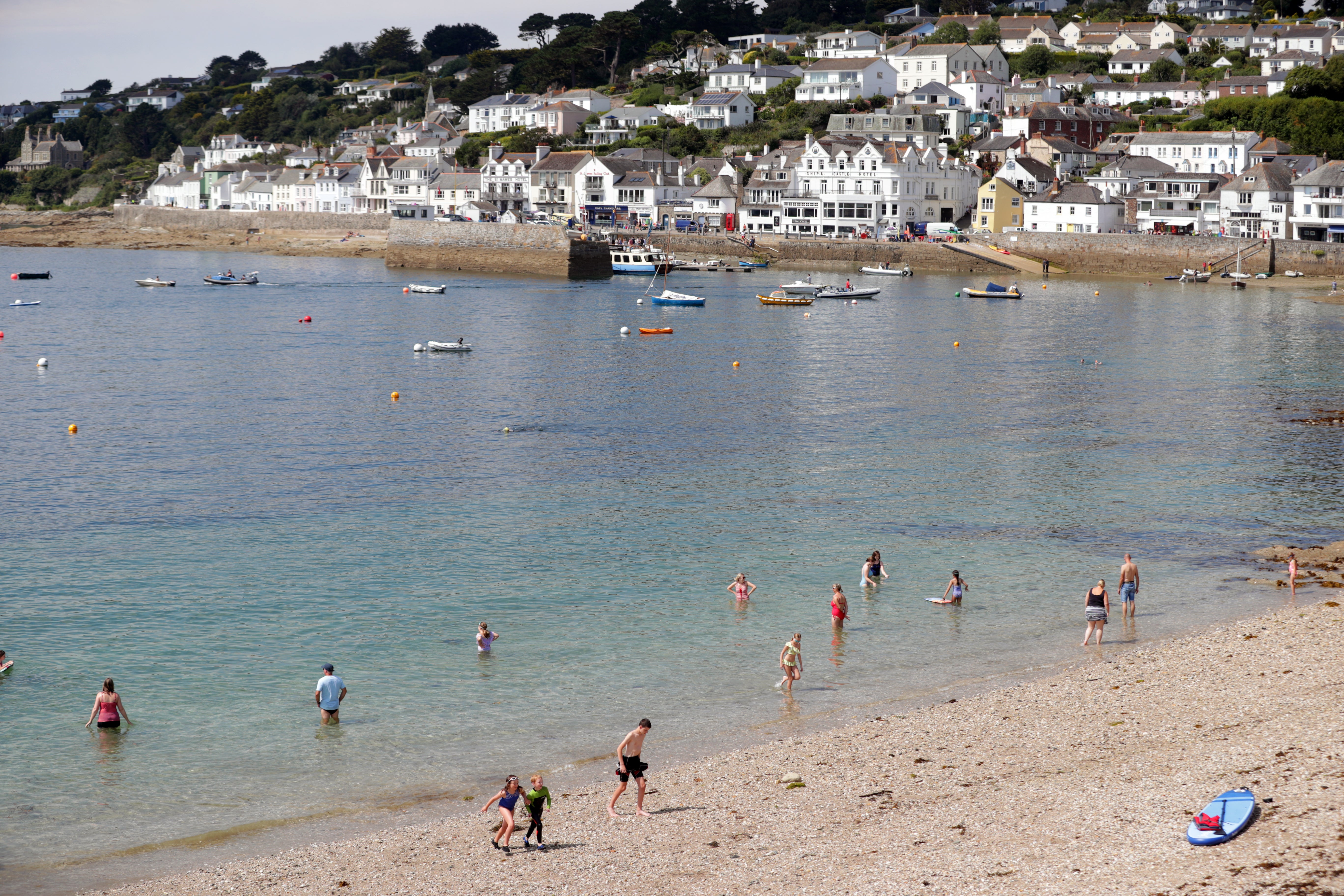Building society to withdraw from new lending on second homes
Leeds Building Society does not plan to offer new loans on second homes which are not let out and are left unoccupied for large parts of the year.

Your support helps us to tell the story
From reproductive rights to climate change to Big Tech, The Independent is on the ground when the story is developing. Whether it's investigating the financials of Elon Musk's pro-Trump PAC or producing our latest documentary, 'The A Word', which shines a light on the American women fighting for reproductive rights, we know how important it is to parse out the facts from the messaging.
At such a critical moment in US history, we need reporters on the ground. Your donation allows us to keep sending journalists to speak to both sides of the story.
The Independent is trusted by Americans across the entire political spectrum. And unlike many other quality news outlets, we choose not to lock Americans out of our reporting and analysis with paywalls. We believe quality journalism should be available to everyone, paid for by those who can afford it.
Your support makes all the difference.A building society is withdrawing from new lending on second homes, except in certain circumstances, to focus more on helping people on to and up the housing ladder.
Second homes reduce the number of properties available for people to live in at a time of wide consensus that the supply of housing is not enough to meet demand, Leeds Building Society said.
The society will not be offering new lending on additional residential properties that are not let out.
It said it is not withdrawing from any other property types and is renewing its focus on other sectors, such as affordable housing and help for first-time buyers, in support of its purpose to put home ownership within reach of more people.
It will continue to lend on buy-to-let properties and holiday homes which are rented out, and said that for people with existing loans there will be no change.
In future, a typical requirement for the society to lend on second homes will be that they are let out for at least 24 weeks per year.
It will not lend in circumstances where a second home is used purely by the owner and is typically unoccupied for large parts of the year.
We don't believe support for second homes is compatible with our purpose to put home ownership within reach of more people
Chief executive Richard Fearon said: “We’ve taken this decision after a great deal of thought as we don’t believe support for second homes is compatible with our purpose to put home ownership within reach of more people.
“Second homes reduce the number of properties available for people to live in at a time when there’s a wide consensus that housing supply in the UK is inadequate to meet demand and needs to be increased.
“In addition, any home other than a main residence usually lies empty most of the time, which does not serve the local community or contribute to the local economy.”
The coronavirus pandemic sparked a “race for space”, with people snapping up properties in picturesque countryside and coastal locations – Devon, Cornwall, the Cotswolds and Yorkshire being among popular areas for buyers.
However this has fuelled concerns over younger generations being priced out of the places they grew up in and about the impact on local businesses at times of year when people are not staying in their second homes.
House prices across the UK have jumped to record highs in recent months, with many housing market reports citing stock shortages as a driver of price increases.
In early July, the Welsh Government announced that new measures are to be introduced in Wales to control the numbers of second homes and holiday lets.
Under the proposals a new licensing scheme for people who want to operate short-term holiday lets is also planned in Wales.
First Minister Mark Drakeford said at the time of the announcement: “Tourism is vital to our economy but having too many holiday properties and second homes, which are empty for much of the year, does not make for healthy local communities and prices people out of the local housing market.”